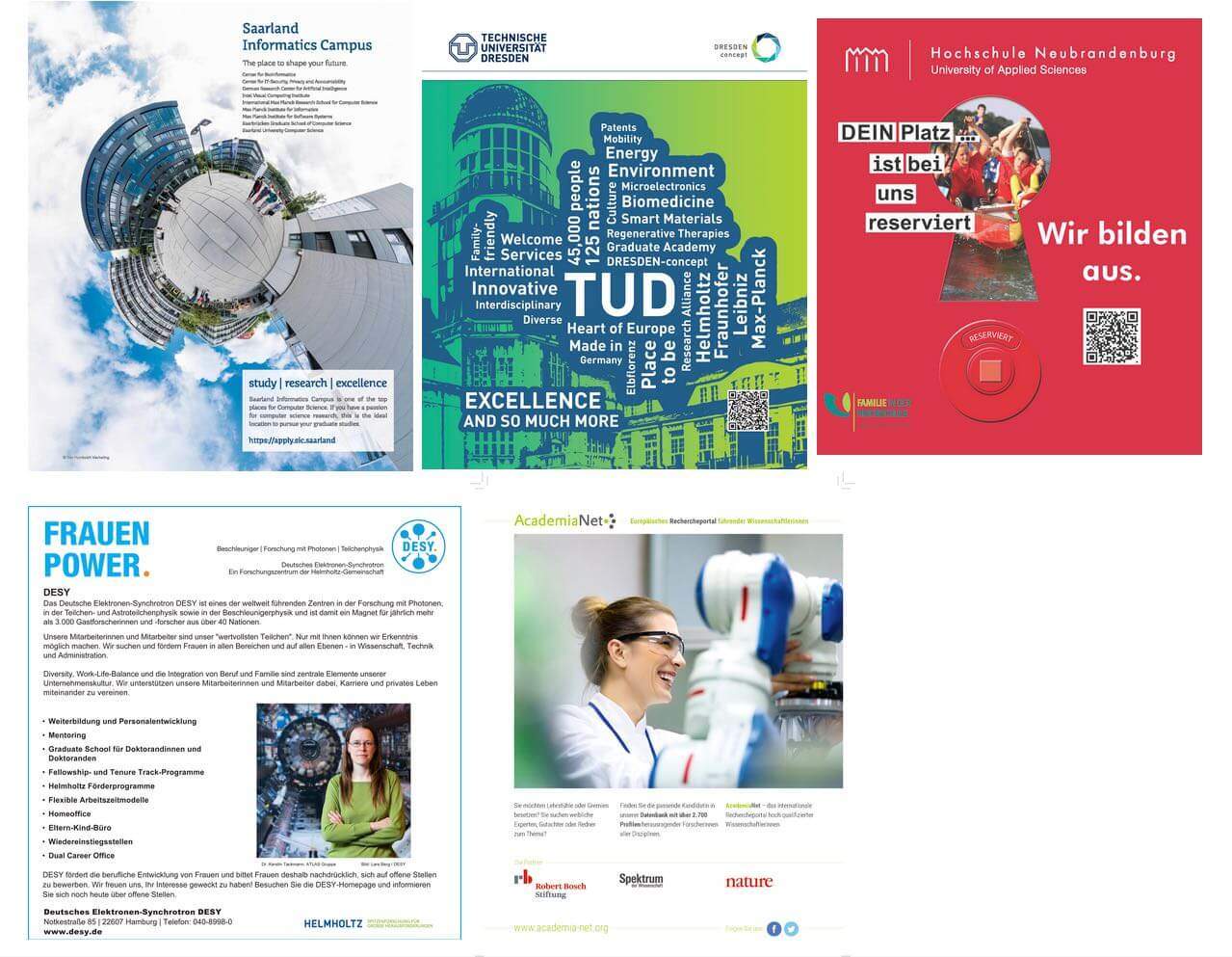News Archive

On October 18, 2018, the weekly magazine DIE ZEIT, together with its print and online job markets ZEIT Print-Stellenmarkt, ZEIT ONLINE Stellenmarkt and academics, is to grant the ZEIT Career Award for the fourth time in a row. Awards are given for both job advertisements and special image ads.

The Bundestag, the German federal parliament, has set up an Inquiry Commission on Artificial Intelligence (AI), which will start work on the 27th of September, 2018. One of the 19 appointed experts is Professor Antonio Krüger. Since 2009 Krüger has been Globus Foundation Professor of Computer Science at Saarland University and Director of the Innovative Retail Laboratory at the German Research Center for Artificial Intelligence. In 2010 he established the Media Informatics study program at Saarland University, which he manages to this day. /gb

Software systems are prone to attacks if users do not use them properly. This also applies to so-called cryptocurrencies, experts say. For the cryptocurrency Bitcoin, two computer scientists at the CISPA Helmholtz Center are now providing scientific proof. Over several months, they searched publicly available information for disclosed security details. Their conclusion: Cybercriminals could have stolen virtual coins worth about 3.3 million US dollars with the help of the search hits. The two researchers [...]

GandALF 2018, the Ninth International Symposium on Games, Automata, Logics, and Formal Verification, will be held September 26–28 in Saarbrücken. It is the first time that the symposium is taking place outside of Italy. The aim of symposium is to bring together researchers from academia and industry who are actively working in the fields of games, automata, logics, and formal verification. Hence, GandALF 2018 covers a wide spectrum of themes to stimulate cross-fertilization, ranging from theory to applications.

The European Research Council (ERC) has awarded its 2018 Starting Grants. In this year’s funding round, two researchers from Saarland Informatics Campus (SIC) were successful. Andreas Bulling, Max Planck Institute for Informatics, and Björn Brandenburg, Max Planck Institute for Software Systems, received an ERC Starting Grant and up to 1.5 million euros to pursue their research projects. ERC Starting Grants are awarded annually by the European Research Council. The prestigious grants are awarded [...]
5859606162 ...
70»
